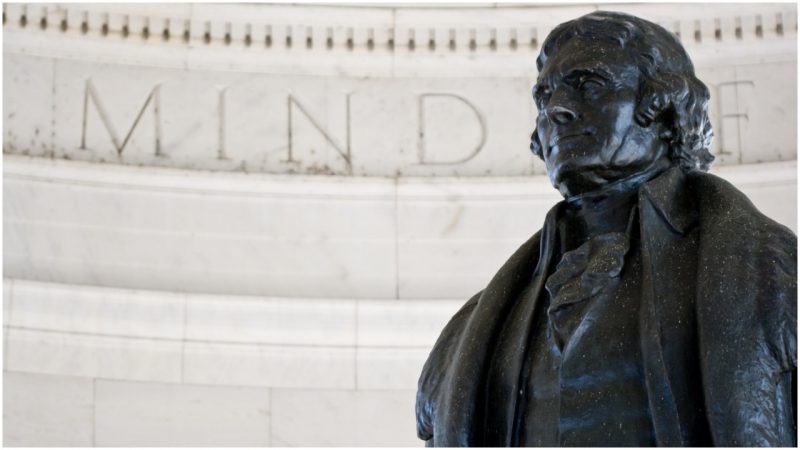Few figures are more controversial in the history of American slavery than Thomas Jefferson. An educated man who played a pivotal role in the American Revolution as well as being the writer of the Declaration of Independence, one would think that Jefferson would have greatly opposed slavery since the declaration states that all men are created equal. However, since the age of 21, Jefferson owned quite a number of slaves and kept them under his control until his death.
Jefferson’s stance on slavery and his practice of owning slaves were at odds with one another, leading to many a historical debate and discussion about what he truly believed.
Jefferson, a wealthy slaveowner, having inherited many slaves from his father and father-in-law, did not approve of slavery as a national practice. He would, throughout the course of his life as citizen, lawyer and President, work to see that the practice would eventually end. Yet, he also did not believe in full emancipation or freedom of current slaves, for he feared many problems arising from instant freedom.
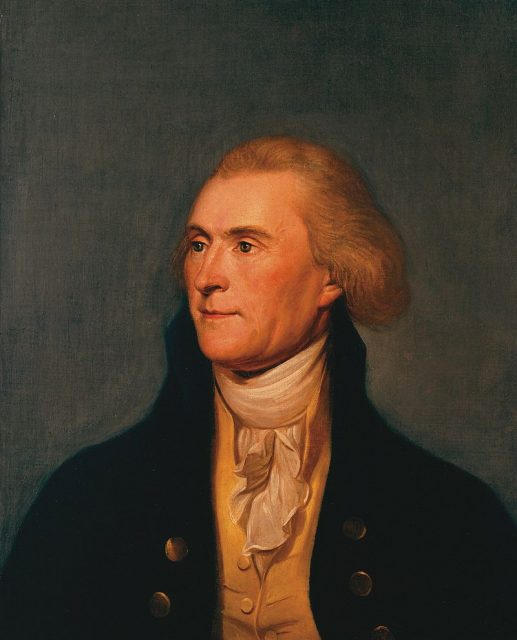
First, he claimed to fear for the lives of uneducated, displaced slaves who would not have the means or ability to protect themselves when suddenly released. This belief was common among those who were sympathetic to abolitionist causes yet did not support outright emancipation.
The second fear was the danger of direct violence caused by states who heavily depended on slavery. As Jefferson rightly believed, the southern states who were pro-slavery would fight to protect what they claimed was their rightful property.
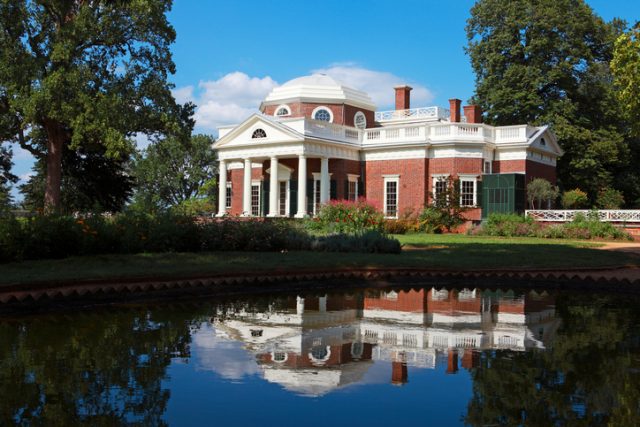
Even if there was no retaliation against the government for emancipation, Jefferson feared that white retaliation against blacks would happen as well. So strong was his belief that when he served in the Virginia House of Burgess before the war, he tried to see legislation passed that would ban free blacks from entering Virginia. The basis of this ban was his fear that a free black man could very well find his fate at the hands of a lynch mob.

This may seem like a strange set of beliefs, but at the time, the idea of separation between whites and blacks was a common viewpoint among certain types of abolitionists. Jefferson, in his later years, would propose a colony state for freed slaves, allowing them to live in their own society and communities, free from white influence. Even Abraham Lincoln, famous for his freeing of the slaves, believed voluntary colonization would be beneficial in preserving peace and prosperity for freed slaves.
Ultimately, Jefferson wanted to see slavery phased out. By supporting measures to end the slave trade in the United States and proposing laws that would prevent slavery legalization in new states, Jefferson sought to see the practice come to an end.
Things you may not know about Abraham Lincoln
He did not believe in emancipation for current slaves and preferred to see slavery end with one final generation. His main abolitionist success as President was the signing of the Act of Prohibiting Importation of Slaves into law.
This would make it illegal to import or export slaves in America, essentially ending the United States’ participation in the international slave trade. However, this law would not affect the buying and selling of slaves within the country and by 1807, the slave population was large enough that slavers could buy and sell without much need for importing from abroad.
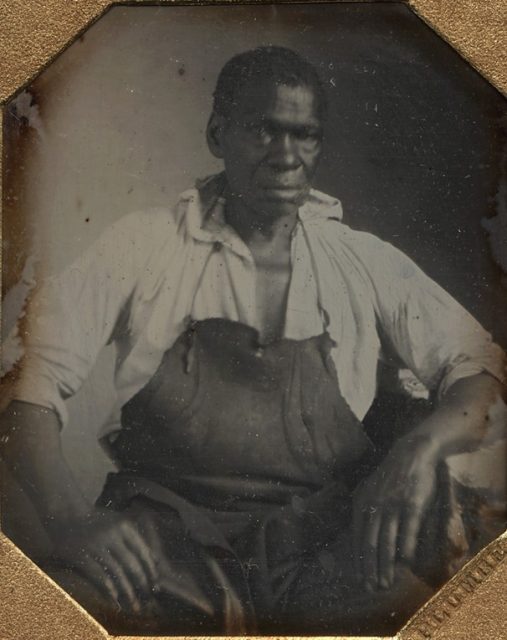
Yet, can a case be made that Jefferson was strongly anti-slavery if he, in fact, owned slaves? After all, his estate Monticello was run by slaves who worked long hours to keep the property profitable.
While he did inherit the majority of his slaves, he also routinely purchased and sold them, although some would maintain he did so in order to keep families together. While Jefferson did allow a few slaves to “escape” from him and he released a few slaves who had been properly educated, the fact remains that Jefferson owned over 600 slaves throughout his lifetime.
Perhaps it was this reason that Jefferson did not fully commit to freeing slaves on a national level. To do so while owning people as property would be a deeply hypocritical stance. Out of the 600, only seven in total would be freed under his control.
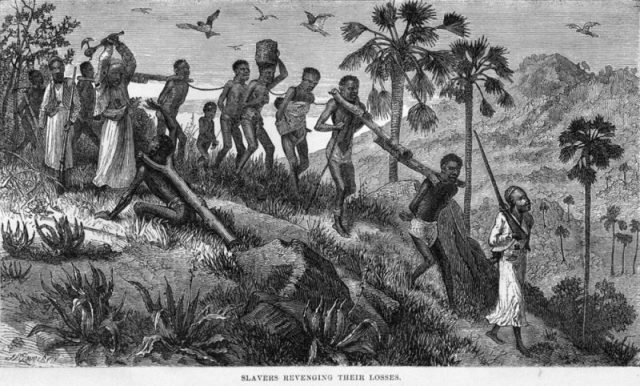
When Jefferson died, his estate was deeply in debt. The man, having lived a lavish and expensive lifestyle, with numerous costly construction projects, owed what in today’s money would be $2 million. His remaining slaves were sold as a way to pay back creditors. Only 5 would be freed due to instructions in Jefferson’s will.
In the end, we see that Jefferson was not a man who fought strongly for abolition or freedom, but rather was a pragmatist when it came to the issue of slavery. Yes, he contributed to the abolitionist cause by outlawing international participation in the slave trade, but he could have done much more if he truly was committed to the cause. Thomas Jefferson was a man of his time, paradoxical in the fact that he believed all men had unalienable rights, but willing to overlook the rights of the people that he owned.
Andrew Pourciaux is a novelist hailing from sunny Sarasota, Florida, where he spends the majority of his time writing and podcasting.
